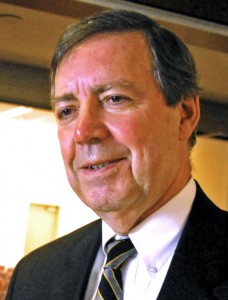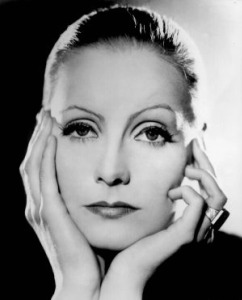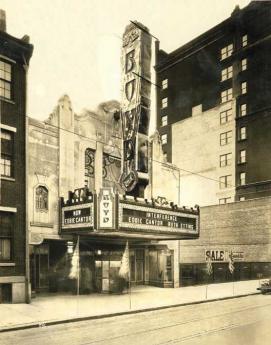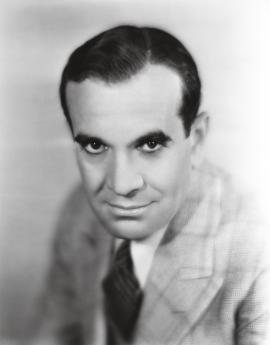Related Topics
Unwritten Constitutional Modification
It is so difficult to amend the Constitution, we mostly don't do it. Our system is to have the Supreme Court migrate slowly through several small adjustments, watching the country respond. Occasionally we have imported new principles, sometimes not entirely wise ones, adopted without the same seasoning.
Right Angle Club: 2014
New topic 2013-11-19 20:22:11 description
Talkie Revolution

|
| George Strimel |
George Strimel dropped by the Right Angle Club recently, showing us a marvelous video of the era which ended in October 1927. It's fast fading into the past, and others remember 1929 as a more memorable date. Some have heard of the Roaring Twenties, prohibition, repeal, and Bobby Jones the golfer. But in entertainment circles, the end of the silent films is more celebrated as the turning point that matters. Why so? Why is the end of dark, flickering, silent movies such a big deal?

|
| Greta Garbo |
George Strimel, who has spent his life in public broadcasting, made it all come clear, while hardly saying a word. He just played his video.
George is one of the survivors of the roaring twenties and something of a venerated figure among those who care about silent films. There is quite a group who feel that silent films required more money, talent, and effort to produce than either vaudeville, which they replaced, or "talkies" which in their opinion undeservedly vanquished them at the box office. For one thing, there was a strong European presence among the opinion makers, bringing along memories of the recent "Great" war and the great awakening of Americans to modern European culture. We particularly favored British films, of course, but not because of their upper-class accents. They were part of the European conquest of American culture, along with Germans, Hungarians, French, and Italians. But as soon as talkies exposed their foreign accents, it was mainly the English who survived in the American market. Do you remember Cary Grant, Guy Kibbee, Basil Rathbone, and Mary Astor? The movie moguls, ever watchful for a profit, were very hesitant at first about Greta Garbo and Claudette Colbert.

|
| The Boyd Theatre |
On a technical level, the actors and actresses found it difficult to function without whispered stage directions from the directors. It was harder, you had to memorize more, and consequently, it was more expensive to produce a talkie than a silent film. More than half of the artistic effect of silent films actually came from the dubbed-in background music, which told the audience they were approaching a tender moment or a stirring battle scene. The musical director began to play a much-diminished role in the product, and the actors really had to act out the meaning of a scene.

|
| Al Jolson |
And let's not forget the musicians who played live music in the gigantic movie palaces. At the time Al Jolson was performing in the Jazz Singer, there were over 22,000 union musicians who were about to be thrown permanently out of work. Philadelphia had the Erlanger, the Mastbaum and the Boyd, as well as a dozen smaller movie palaces who turned the theater musicians out of work, and then slowly died out themselves. Coming into Philadelphia on the trolleys was the thing to do with your evenings for another decade or two, but the writing was on the wall. The center of union musicianship was at Broad and Locust for a while; all during the Second World War there was union unrest and some Communist mutterings, centered in the old Adelphia Hotel. It was natural to blame that on the Academy of Music across the street, but unemployed movie theater musicians were a part of it, too.
Most of us think of that era in terms of World War II, the Great Depression, the 1929 Stock Market Crash, and other momentous events in history. But to some people, the turning point of our whole culture really began in October 1927, when Al Jolson astounded the world with the Jazz Singer. And nothing in the entertainment world was ever quite the same.
Originally published: Friday, November 21, 2014; most-recently modified: Wednesday, August 07, 2019